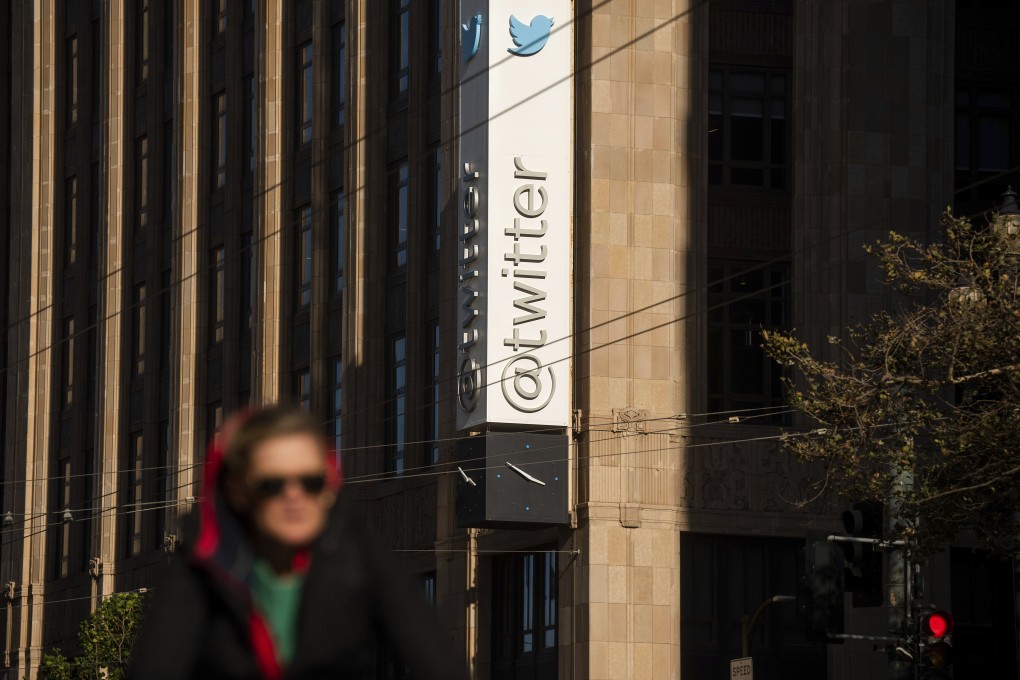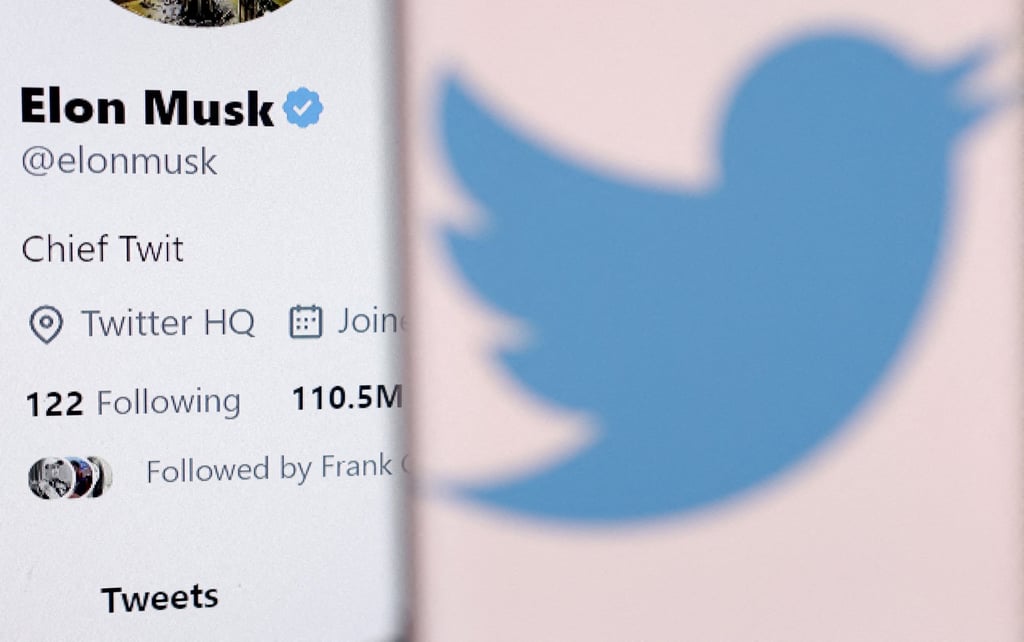Elon Musk’s free speech Twitter mission enters orbit of Asia’s cyber laws, from India to Singapore
- Navigating Asia’s stringent internet laws will require agility from Twitter and its new owner, observers note, at a time of stricter regulation of social media platforms
- Twitter’s travails in India show how desire for freedom of expression can quickly butt up against governments armed with fast law

The world’s richest man – and self-proclaimed “Chief Twit” – has championed free speech and a purge of censorship in his vision for the rambunctious social networking platform, which he described last week as speaking to the “inner masochist in all of us”.

“From the beginning, Musk has been a proponent of the absolutist free speech approach, but then he has also come out to say that this should be determined by the laws of each country,” said Prateek Waghre, policy director of the Internet Freedom Foundation (IIF) in India.
“This contradiction is what creates a conflict, because it makes his goals seem untenable – especially at a time when more and more countries are imposing some form of regulation on social media platforms.”
In Asia, those local laws pose urgent challenges to Twitter’s brand and mission statement under the new CEO, observers say.